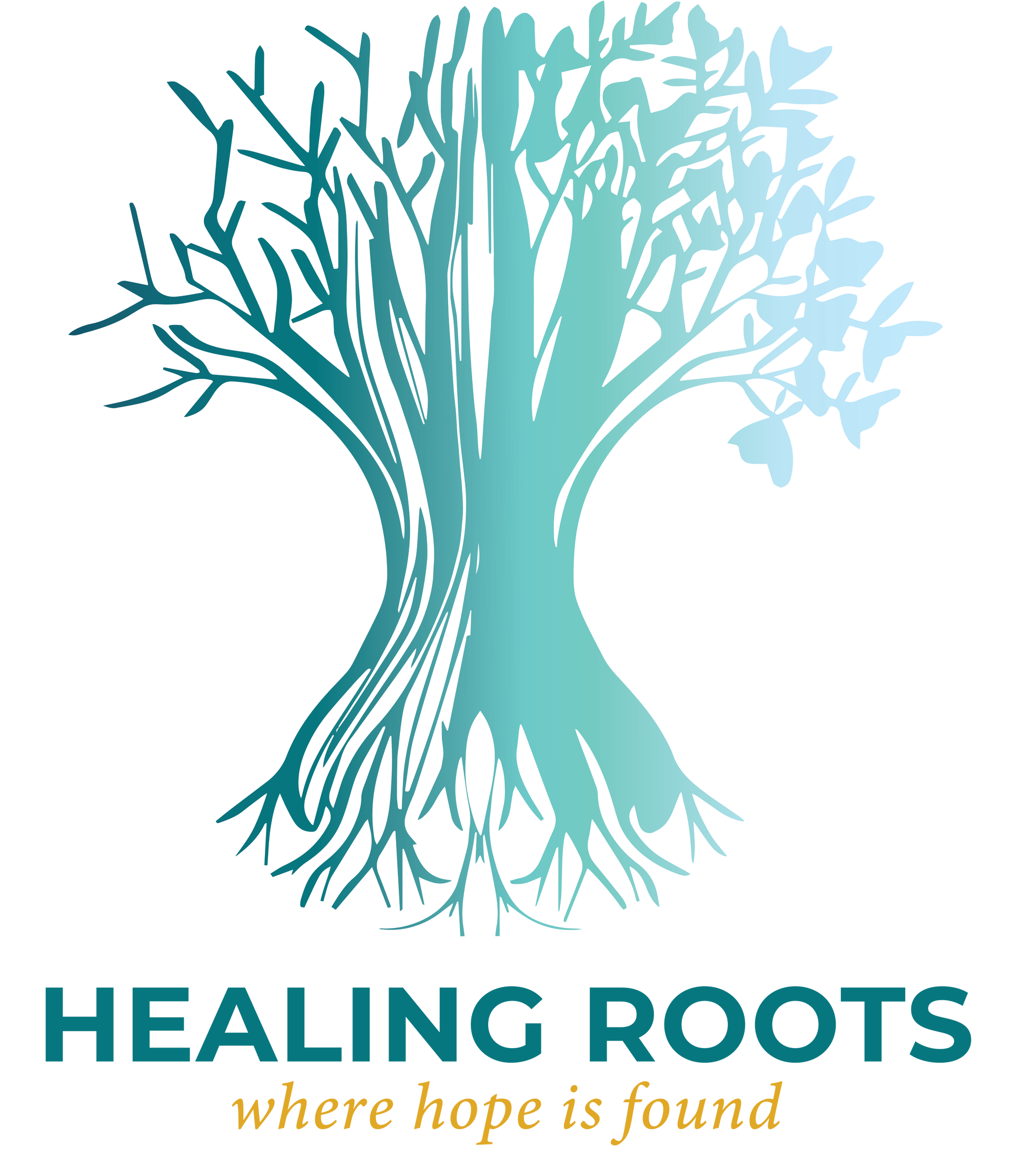The Stories We Tell Ourselves in Grief
Grief changes the way we think and feel. Our world changed. It can make the world feel blurry, unfair, and heavy. Sometimes it even twists our thoughts into painful stories that sound true in the moment, things like “I should be over this by now,” or “If I laugh, it means I’ve forgotten them.”
These are called cognitive distortions; automatic thoughts that aren’t fully true but feel real when our hearts are hurting. They often show up to help us make sense of loss, but they can also keep us stuck in guilt, shame, or fear.
In my clinical and personal lived experience, here are a few examples many people experience while grieving:
All-or-Nothing Thinking
“If I move forward, it means I’m leaving them behind.”
Truth: Healing doesn’t mean forgetting. You can carry their memory while still creating a life that honors them.
“Should” Statements
“I should be stronger than this.”
Truth: There’s no right way to grieve. You’re doing the best you can with something no one prepares for.
Catastrophizing
“If I start crying, I’ll never stop.”
Truth: Feelings come in waves. Crying helps release what’s been carried too long.
Overgeneralization
“Nothing good ever happens anymore.”
Truth: Grief narrows our view. Moments of joy or beauty don’t erase pain, they remind us we’re still alive.
Emotional Reasoning
“I feel guilty, so I must have done something wrong.”
Truth: Guilt often comes from love, wishing we could have done more. But your love is proof you already did what mattered most.
Becoming aware of these patterns doesn’t make grief disappear, but it helps you meet yourself with gentleness. When those thoughts show up, pause and ask:
“Is this my grief talking, or is this the truth?”
You don’t have to believe every thought that shows up in your pain. Healing begins with softening how you speak to yourself through compassion not judgment.
Share:











